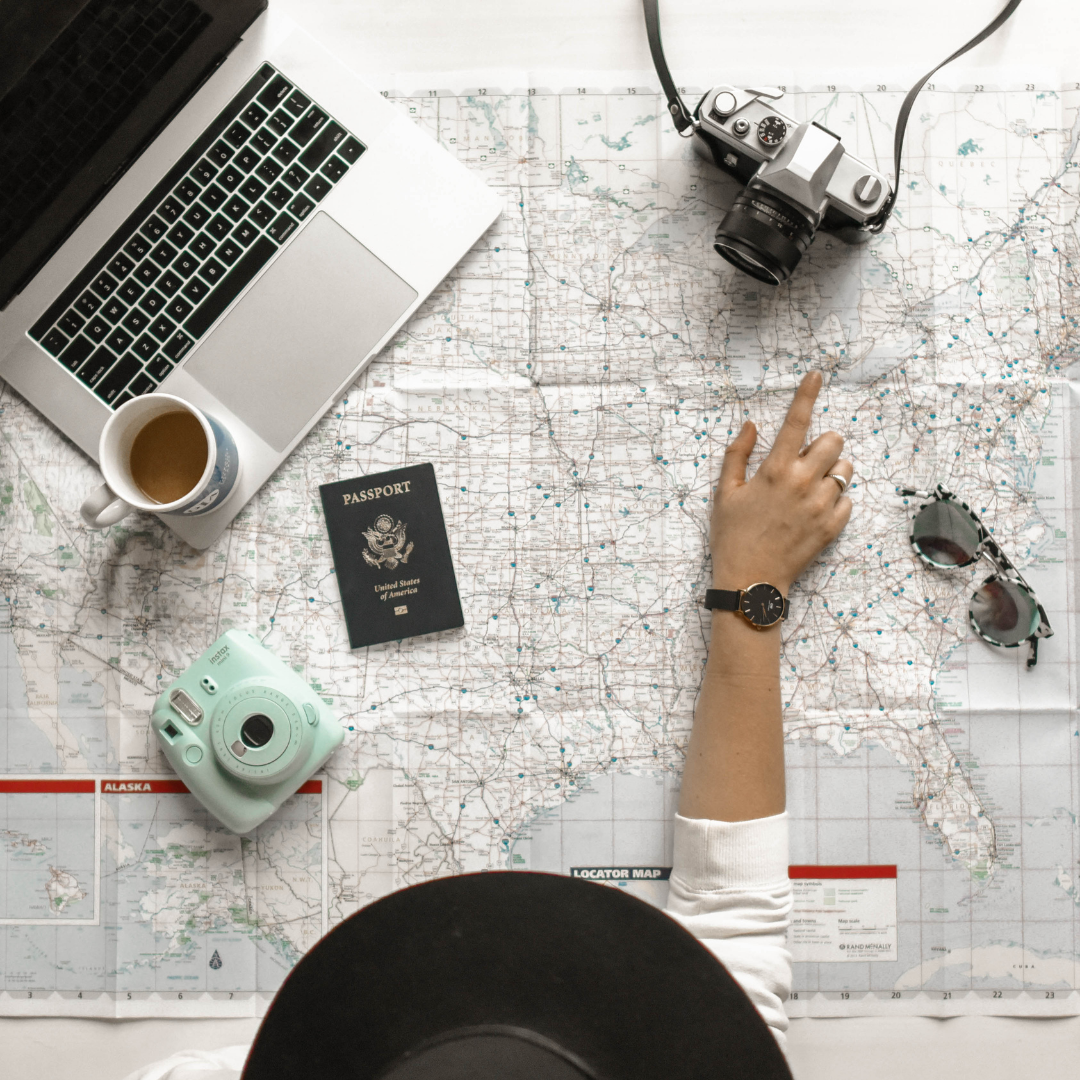
Why Is Fasting During Long-Haul Travels Beneficial?
Fasting has been making its purpose known to the world for so long. Fasting, such as intermittent fasting, is gaining popularity in the fitness community to lose weight, and now influencers are discussing other ways they use fasting to improve their wellbeing.
Furthermore, there are so many ways that you can incorporate fasting. Fasting during air travel is one of the most common ways people incorporate it into their habits to reduce jet lag and the gastrointestinal symptoms that come with travelling. Suppose you are still looking for any benefits of fasting during long-haul travels, then you in for a big treat.
What is Fasting?
Fasting is popular in Buddhism, Christianity, Hinduism, Islam, and Judaism, among other major religious traditions. Hippocrates claimed it helped the body cure itself in ancient Greece. Many Muslims fast from dawn to sunset every day for a month during Ramadan. It has given scientists a lot of insight into what happens to your body when you fast, and the results are very positive.
Simply put, it means that you avoid eating entirely, or almost entirely, for some time. A fast typically last between 12 and 24 hours, but some forms can last for days. During the “fasting time,” you might be able to drink water, tea, or coffee or even eat a small amount of food in some cases. Here are some of the benefits of fasting during long-haul trips.
Help Reduce Jet Lag
Jet lag may occur when your sleeping pattern gets disturbed. You may feel drowsiness, being easily irritable, lethargic, tired, and slightly disoriented. The more time zones you cross, the worse your symptoms will be and the longer they will last, particularly if you move eastward. For each time zone crossed, it usually takes around a day to recover.
Since the hunger response can affect our circadian rhythms as much as light and dark can, fasting can help us synchronize our body rhythms more quickly. It can help control circadian cycles by accessing the “feeding clock,” which then comes back to life after reintroducing food at your destination, resulting in less jet lag.
Enhance Immune System
With the holidays approaching, many people will be travelling and on the go a lot. When you add in the season pressures, our immune systems are under a lot of strain. When you go without food for a while, your body begins the cellular repair process, which involves removing waste from your cells. If you travel often, it’s essential to take care of your immune system.
Good For The Planet
Fasting while you’re on for long-haul travel does not only good for you but also for the environment. It’s not easy to eat when flying. Food served on aeroplanes is subject to stringent health and safety regulations. In short, airline meals are carefully prepared and distributed to meet strict requirements, which often necessitates excessive amounts of plastic packaging.
So, it’s not just you that could benefit from it, but also you’re able to contribute to rebuilding the plant. You may think the ratio is like 1 out of 50 people, and it does not do much. Honestly, it does not do much if you think of it, but little things do matter. And you may encourage others if you keep doing it.
Weight Loss
If your somebody whose diet goes out the window while they fly, fasting might be a healthy way to stay on track when you’re abroad. Fasting decreases insulin and raises growth hormones, which aids weight loss, and you’ll eat fewer meals during the day.
Furthermore, when choosing a method, keep in mind that you don’t have to consume a certain quantity or form of food or avoid certain foods entirely. An individual is free to eat whatever they want. During the eating times, however, it is a good idea to eat a balanced, high-fibre, vegetable-rich diet to achieve health and weight loss goals.
Reduce Inflammation
If you’re worried about the effects of frequent travel on your body, particularly from cosmic radiation, fasting can help your body combat inflammation and improve oxidative stress resistance.
Fasting may also protect the body from DNA damage and ageing by promoting a process known as autophagy, which involves cleaning up the body’s cells and removing waste.
Does It Work?
There is enough evidence in scientific literature to indicate that meal timing affects our biological circadian rhythm, which is at the heart of the experience of jet lag but only under particular circumstances.
Fasting on the flight can help minimize jet lag if you can sleep and transition your circadian rhythm to match your destination by beginning your day with a morning meal. During flights, try to avoiding high-fibre foods as the digestion is less efficient due to the altitude.
On the other hand, fasting has a possible stomach drawback: Fasting will slow your GI tract, which means waste will pass more slowly through your digestive tract.
Tips on Fasting While Traveling
We recommend eating a light, nutritious snack before boarding the plane and something close to your favourite breakfast upon landing. Since fasting only works for jet lag if you’re flying overnight, we suggest sticking to a regular eating schedule of three to four hours if you’re travelling throughout the day.
Don’t forget to drink plenty of water. If you want to fast or not, it is critical to drink plenty of water when flying.
Takeaway
Fasting may or may not work for each one of us. The best thing to do is to consult your doctor if your body can withstand fasting. If yes, then you’ll be able to experience greatness out of fasting. Remember, you’re on vacation, so it’s time to relax. In reality, everyone wants to be in their best health when travelling.



